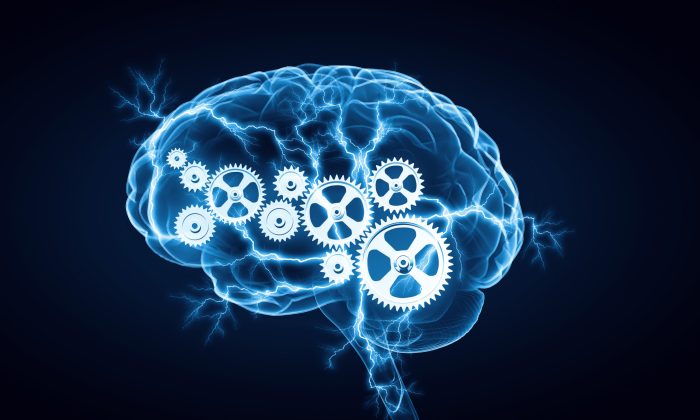Lucy wants to study changes in cognitive skills – In the realm of cognitive science, Lucy embarks on a captivating journey to unravel the complexities of cognitive changes. Cognitive skills, the cornerstone of our mental abilities, undergo a dynamic transformation throughout our lives. Lucy’s quest delves into the factors that shape these changes and the methods employed to study them, offering invaluable insights into the intricate workings of our minds.
As we traverse this intellectual landscape, we will explore the profound impact of age, education, experience, and lifestyle factors on cognitive abilities. Lucy’s research sheds light on the assessment techniques used to measure cognitive changes, including common cognitive assessments, neuroimaging techniques, and behavioral observations.
Together, we will unravel the applications of this research in educational practices, interventions for cognitive decline, and the ethical considerations that guide studies in vulnerable populations.
Factors Influencing Cognitive Changes

Cognitive changes are influenced by a complex interplay of factors, including age, education and experience, and lifestyle choices. Understanding these factors is crucial for developing effective interventions to promote cognitive health and well-being.
Age and Cognitive Abilities
Age is a significant predictor of cognitive abilities. As individuals progress through adulthood, they typically experience a gradual decline in certain cognitive functions, such as processing speed, memory, and executive function. This decline is primarily attributed to age-related changes in the brain, including reductions in brain volume and alterations in neurotransmitter systems.
Education and Experience
Education and experience play a vital role in shaping cognitive skills. Higher levels of education are associated with better cognitive functioning in later life. This is likely due to the cognitive stimulation and learning opportunities provided by educational experiences. Similarly, engaging in mentally stimulating activities, such as reading, puzzles, and games, can help maintain cognitive abilities.
Lifestyle Factors, Lucy wants to study changes in cognitive skills
Lifestyle factors, including diet, exercise, and sleep, can significantly impact cognitive health. A healthy diet rich in fruits, vegetables, and whole grains has been linked to better cognitive performance. Regular exercise has also been shown to improve cognitive function, particularly in older adults.
Adequate sleep is essential for cognitive processes, including memory consolidation and attention.
Commonly Asked Questions: Lucy Wants To Study Changes In Cognitive Skills
What are the key factors that influence cognitive changes?
Age, education, experience, and lifestyle factors (e.g., diet, exercise, sleep) significantly impact cognitive abilities.
How can cognitive changes be measured?
Common cognitive assessments, neuroimaging techniques (e.g., fMRI, EEG), and behavioral observations are used to measure changes in memory, attention, and problem-solving.
What are the ethical considerations in studying cognitive changes in vulnerable populations?
Researchers must prioritize informed consent, minimize harm, and ensure the privacy and dignity of participants.

